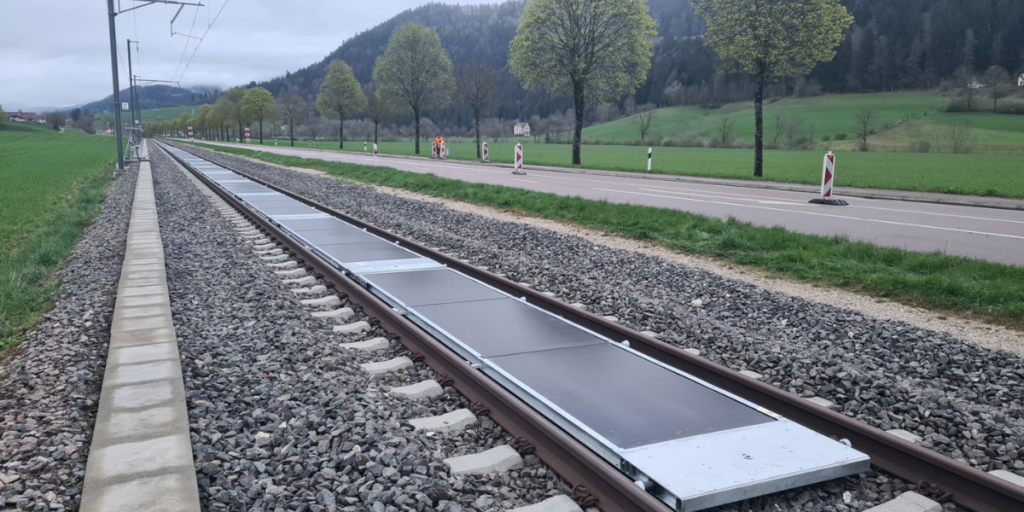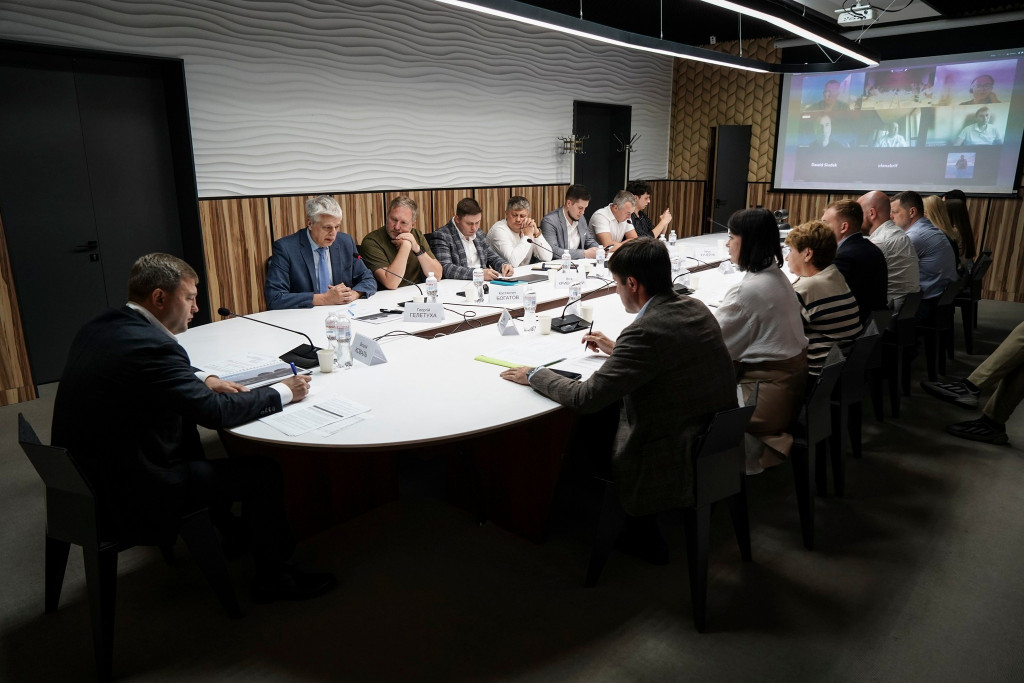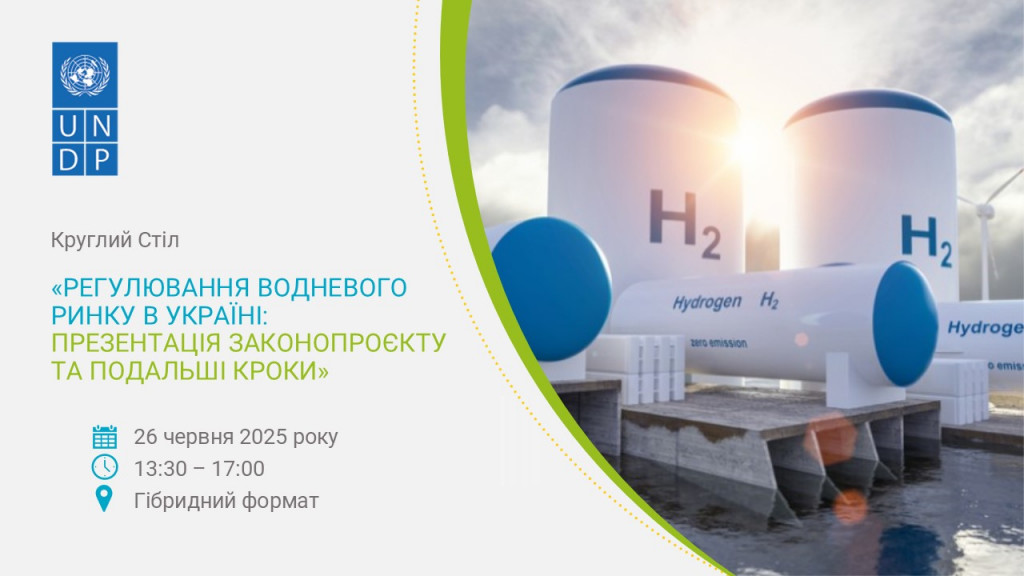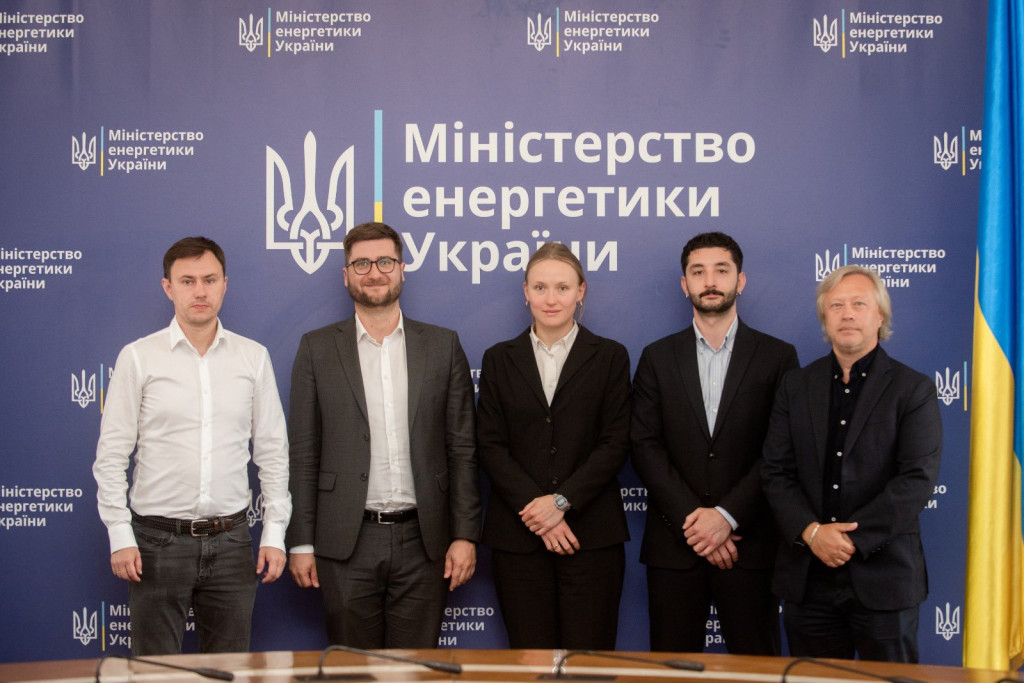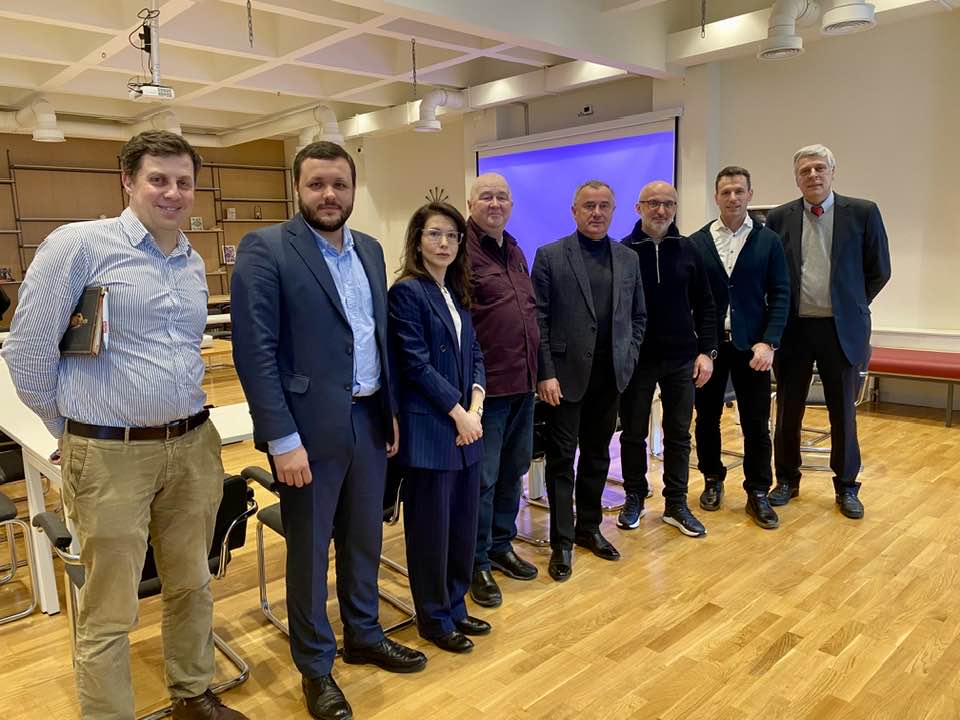
Problems of development of biomethane production and export in Ukraine
26.01.2024On January 25, the Ukrainian Agribusiness Club held a roundtable discussion on “Problems of Biomethane Production and Export Development in Ukraine” to discuss possible solutions to the current problems of biomethane production and export development. This topic is currently urgent for Ukraine, as despite the potential of the biomethane industry, Ukraine still lacks legislative mechanisms and has not created favorable conditions for the production and export of biomethane.
First of all, Georgii Geletukha, Chairman of the Board of the Bioenergy Association of Ukraine, outlined the main advantages of the biomethane industry and emphasized the changes that are needed now: “Ukraine can offer the cheapest raw materials for biomethane production and can really compete with any country in the biomethane market. At the same time, Ukraine has a developed system of gas networks (GTS and GDS), and the structure of agricultural enterprises is favorable for biomethane production. The production potential is 21.8 billion m3/year by 2050. However, despite all these circumstances, we do not have the necessary regulatory framework to realize this potential. That is, the main obstacle to the development of this sector is the delay in the adoption of the draft law No. 9456 on amendments to the Customs Code of Ukraine regarding customs clearance of biomethane.
Oleksandr Dombrovsky, President of MHP Eco Energy, believes that Ukraine now has a historic chance to take its place in the European biomethane market, but it needs to finally remove all the obstacles that exist within the country: “I still don’t understand why Ukraine has this “barrier” in the form of unregulated customs clearance, if the country benefits from the development of the bioenergy industry. At the same time, the EU is developing in this area extremely fast, investing in the construction of factories, which, in turn, provides support for the development of agricultural production and farmers. Ukrainian biomethane producers will not be much expected in the EU in the future, so only now there is a historical time lag when we can enter the European market, we just need to remove internal restrictions by providing the necessary legislative mechanisms to enable Ukrainian companies to look for markets.”
According to Adomas Audickas, director of Verdant, since Ukraine lacks decisive action on the part of the authorities to adopt the necessary changes, international investors are already beginning to be wary of Ukrainian biomethane projects, because “due to the long absence of regulation of legislative and regulatory acts, there is no way to plan long-term development. In addition, there is a need to synchronize reforms with the European side so as not to change the approved norms many times later.”
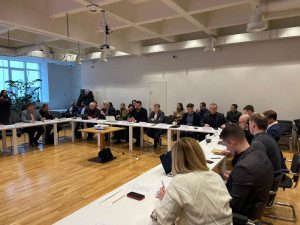
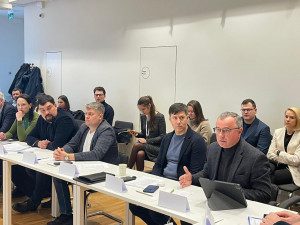
Despite the current difficulties, agribusiness is ready to continue developing the biomethane business if the right conditions are created: “The war has forced us to look at processing issues more deeply and respond to challenges more quickly. In 2021, we started developing a biomethane plant project and contracting equipment, in May 2022 we made a strategic decision to continue the project despite the hostilities in Ukraine, and in 2023 we were already actively building and installing equipment. In January 2024, we are ready to export biomethane, but we do not have the opportunity. So, having invested so much time and resources, we find ourselves in a situation where, after 3 years of talks, there is no legal framework, while the plants could already be operating successfully and bringing money to the Ukrainian economy. Instead, today the company is forced to shut down the plant because it cannot produce and export its product. The production and sale of biomethane to Ukrainian customers is unprofitable and unprofitable, as at a cost of 32,800 UAH/thousand m3 in the domestic market, biomethane competes with natural gas, which costs 15,000 UAH/thousand m3. The only solution is to export biomethane,” emphasized Sergiy Savchuk, VITAGRO’s Director of Development and Investments.
Oleg Ryabov, Deputy CEO of Gals Agro, shares the opinion of business representatives and shares his experience: “At the beginning, we had a great interest from investors to develop the industry, but now the interest of foreign buyers and investors is going to zero, because there is no progress and no clear understanding of the predictability of the situation, it is not known how much profit will be from the project, because there are no conditions for the development of the industry, so there will be no investment.”
According to Oleksandr Sova, Chairman of the Subcommittee on Customs of the Verkhovna Rada Committee on Finance, Taxation, and Customs Policy, the Verkhovna Rada is going to adopt draft law No. 9456 in the near future, which will create technical opportunities for the export of biomethane from Ukraine: “This project is part of Ukraine’s recovery chain, which will attract new investments. Currently, there is full support in the committee and in the parliament for the adoption of this law, because everyone understands the importance and potential of this industry.”
Yuriy Kamelchuk, a member of the Verkhovna Rada Committee on Energy, Housing and Utilities, who initiated Draft Law No. 9456, adds that he is convinced that the draft law will be voted on in the Rada in the near future, as parliamentarians understand the needs of business and are ready for reforms and adoption of the bill, which can unblock the export of biomethane.
Vitaliy Holovnya, Deputy Minister of Agrarian Policy and Food, says the Government is ready to support business and listen to it in order to work out effective solutions together. We need to understand that this is the sector that will launch the economy and support other sectors, these are long-term prospects for Ukraine.
At the same time, Yuriy Shafarenko, Deputy Head of the Main Department of the Directorate for Economic Policy of the Office of the President of Ukraine, emphasizes that it is necessary not only to support but also to stimulate bioenergy business initiatives.
“The issue is more urgent than ever, and reforms during the war should be carried out very quickly. We already see how producers suffer from restrictions on exports of agricultural raw materials, from the difference in the cost of grain and oilseeds on the world and domestic markets. Therefore, if there is a promising direction that can improve the situation of the agricultural sector, it is necessary to adopt Draft Law No. 9456 as soon as possible and jointly develop bylaws to get into the large European biomethane market and get our share of the profits that will fill the budget of Ukraine,” summarized UCAB CEO Oleg Khomenko.
The result of the roundtable discussion will be a joint appeal from the business community to the authorities to urgently submit Draft Law No. 9456 for consideration in the Verkhovna Rada of Ukraine and adopt it as a basis in the coming plenary days.
Become a member of 100 RE UA
Switching to 100% renewable energy in Ukraine is possible!

